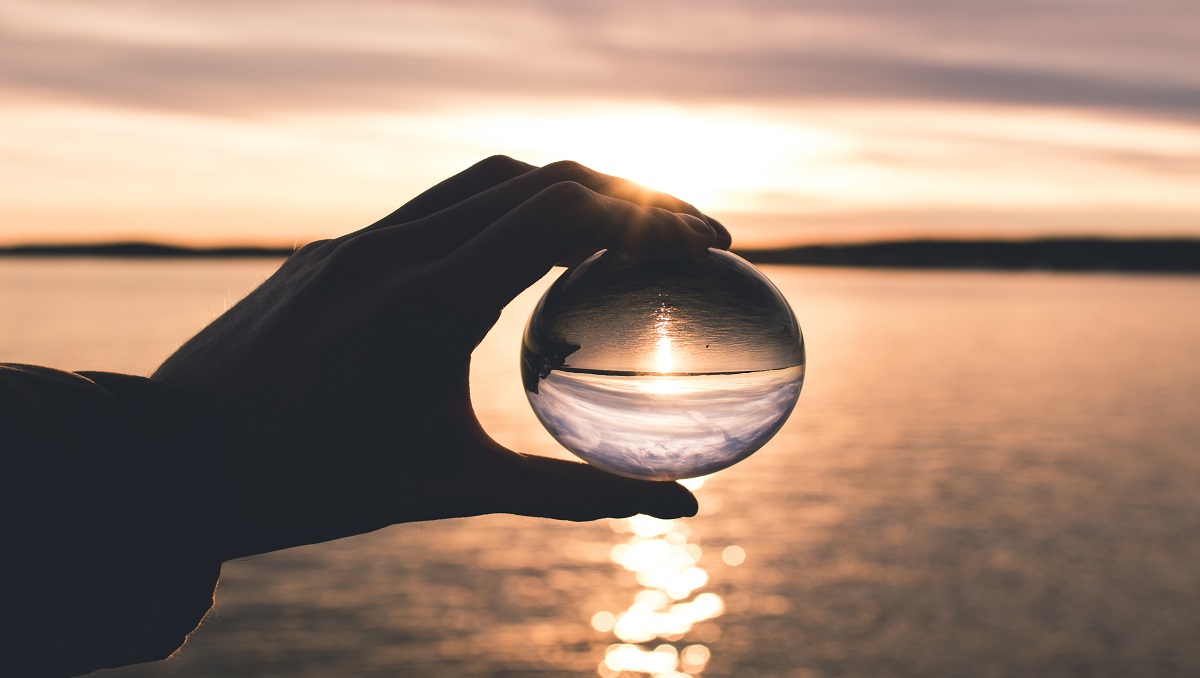The category deals with water conservation. Importance of water conservation are, Regardless of the method of conservation of water, every method stands by the following points; 1) To ensure availability for future generations, the withdrawal of fresh water from an ecosystem should not exceed its natural replacement rate. 2) To save the significant amount of energy needed for water pumping, delivery, and wastewater treatment facilities 3) To preserve fresh water habitats for local wildlife and migrating water flow, as well as reducing the need to build new dams and other water diversion infrastructure. 4) To save money on the utility bills 5) To extend the life of your septic system by reducing soil saturation and reducing pollution due to leaks. 1. Make effective use of soil water reserves- Soil and water conservation methods include planting deeper rooting crops, such as grasses or cereals that will leverage soil water reserves more effectively than shallower rooting crops such as vegetable crops and therefore can be grown in drier period. 2. Take measures to avoid run off- An important part of conserving anything is avoiding spilling out. When it comes to water, the part played is runoff. This is equally important as the conservation methods of water resources. The various types of run-off management are those increase water intake and storage and so reduce runoff, control water movement over the soil surface, dispose safely of the excess rainfall as runoff or concentrate inadequate rainfall runoff. Remedial measures such as incorporating plantings especially in areas where runoff collects protecting trees that help absorb and filter runoff, choosing permeable materials for pathways etc. can potentially contribute to reduce run off.

Wastewater treatment is an area where a lot of experts have carried out in-depth research. The method of removing pollutants from wastewater or sewage and converting it into an effluent that can be added to the water cycle is known as wastewater treatment. In wastewater treatment plants, pollutants in wastewater are reduced to a degree that nature can accommodate.
Read more

15 ways to conserve water-1. Make effective use of soil water reserves 2. Take measures to avoid run off 3. Use rainwater effectively 4. Rational use of groundwater 5. Redistribution of water 6. Protection of water from pollusion 7. Traditional ways to conserve water 8. Use of modern ways to conserve water 9. Increasign forest cover…
Read more

Important water conservation methods? 1.Effective use of soil water reserves 2.Measures to run off 3.Reuse of urban waste 4.Traditional wa…
Read more

Major rainwater harvesting methods are, 1. Storage for direct use 2. Recharging aquifers from rooftop runoff 3. From ground area. Advantages…
Read more




